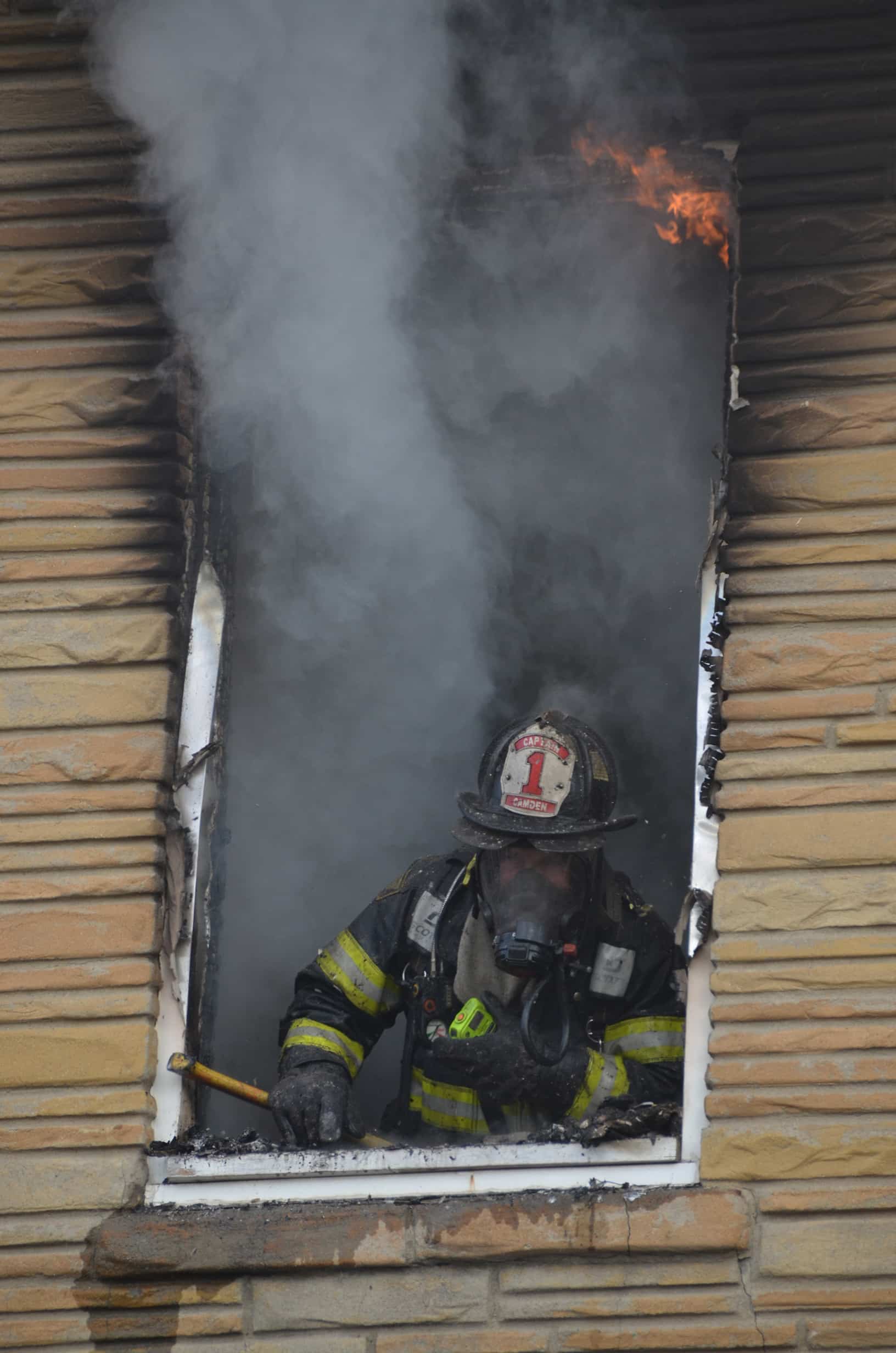Get the help you need right now 855-900-8437 Get Help Now
Get the help you need right now 855-900-8437 Get Help Now
August 21, 2017
Cracking open a cold one with your co-workers after a long shift may seem like the perfect way to relax and unwind. But while drinking occasionally in moderation is usually a safe practice, regularly indulging in alcohol could lead anyone down the road to dependence and addiction — especially someone who spends their working hours confronting life-or-death situations.
As you know, firefighting isn’t your typical nine-to-five job. Throughout the course of a single shift, you may witness events that most people never see in a lifetime. At the end of the day, it can be difficult to hang up your gear and leave those traumatic memories behind. While some departments have procedures in place to help you work through these experiences, others may not have the same resources. Over time, the weight of these devastating events builds up. In some cases, it can even lead to mental health conditions, such as depression and post-traumatic stress disorder (PTSD). As it all becomes too much to bear, it’s easy to turn to the bottle to dull your pain, quiet your thoughts and just feel better — if only for a little while.
What may start as an innocent series of happy hours after work can turn into a station-wide culture of binge drinking and alcoholism. Consider these four stages of alcohol dependence:
Halting alcohol dependence in its first few stages is easier than addressing the problem once it develops into full-blown alcoholism. One simple way to tell if you or your co-workers are becoming dependent on alcohol is to evaluate how often you or they binge drink.

The National Institute on Alcohol Abuse and Alcoholism defines binge drinking as any pattern of drinking that brings an individual’s blood alcohol concentration (BAC) to 0.08 percent or higher. Typically, it takes five or more servings of alcohol for men and four or more servings of alcohol for women to reach this point. According to a study of male fire fighters funded by the American Heart Association, fire fighters binge drink significantly more often than members of the general population. Of the fire fighters surveyed, approximately half reported binge drinking in the past month. The results of data published in 2010[BJ1] by the Centers for Disease Control and Prevention reveal that 23 percent of males reported binge drinking in the last month, about half as often as those in the fire service.
Spending time with your fellow fire fighters can be therapeutic and healing. These men and women relate to you in a way that friends and family outside the firehouse usually can’t. But it’s important to maintain this connection with your co-workers without needing to drink every time you spend time together. This could do more damage to you — and them — than you may think.
If you’re struggling with alcohol dependence, you’re not alone. The IAFF Center of Excellence for Behavioral Health Treatment and Recovery has helped countless fire fighters work through substance use disorders and the co-occurring conditions that often drive them. Admitting you have a problem is the first step to starting over, and asking for help is a true act of bravery. Reach out and speak to an intake coordinator today.
Medical Disclaimer: The IAFF Center of Excellence aims to improve the quality of life for people struggling with a substance use or mental health disorder with fact-based content about the nature of behavioral health conditions, treatment options and their related outcomes. We publish material that is researched, cited, edited and reviewed by licensed medical professionals. The information we provide is not intended to be a substitute for professional medical advice, diagnosis or treatment. It should not be used in place of the advice of your physician or other qualified healthcare provider.